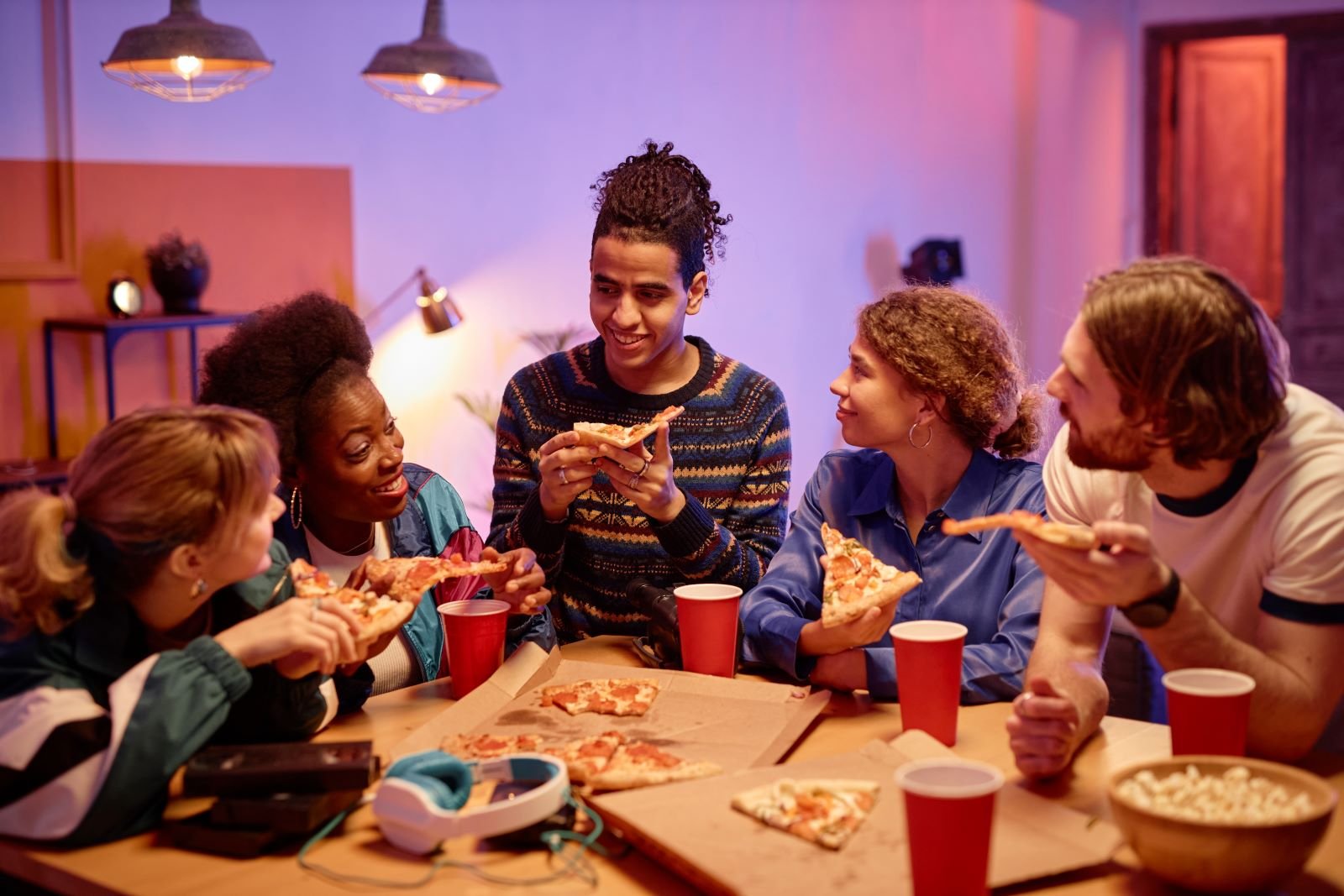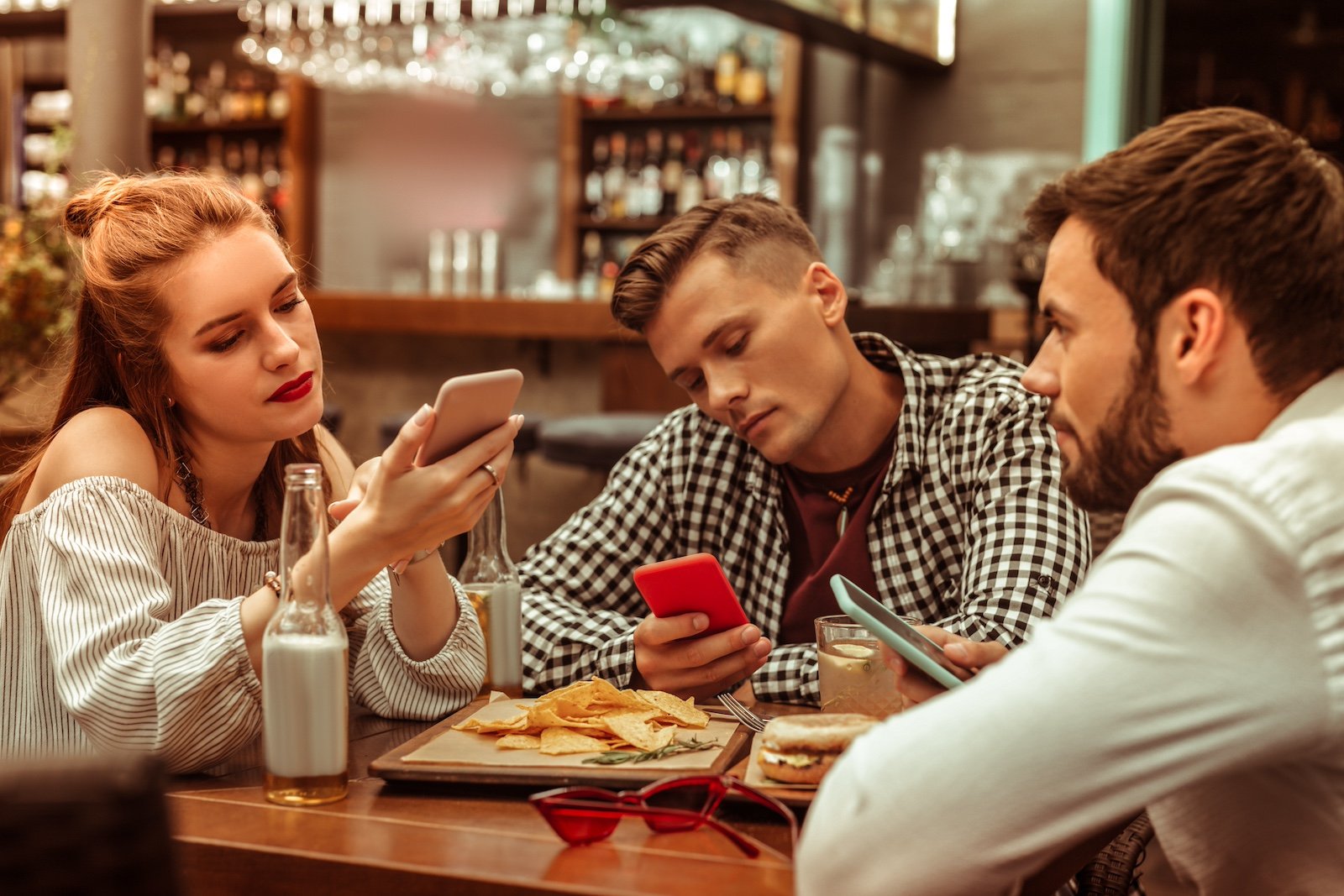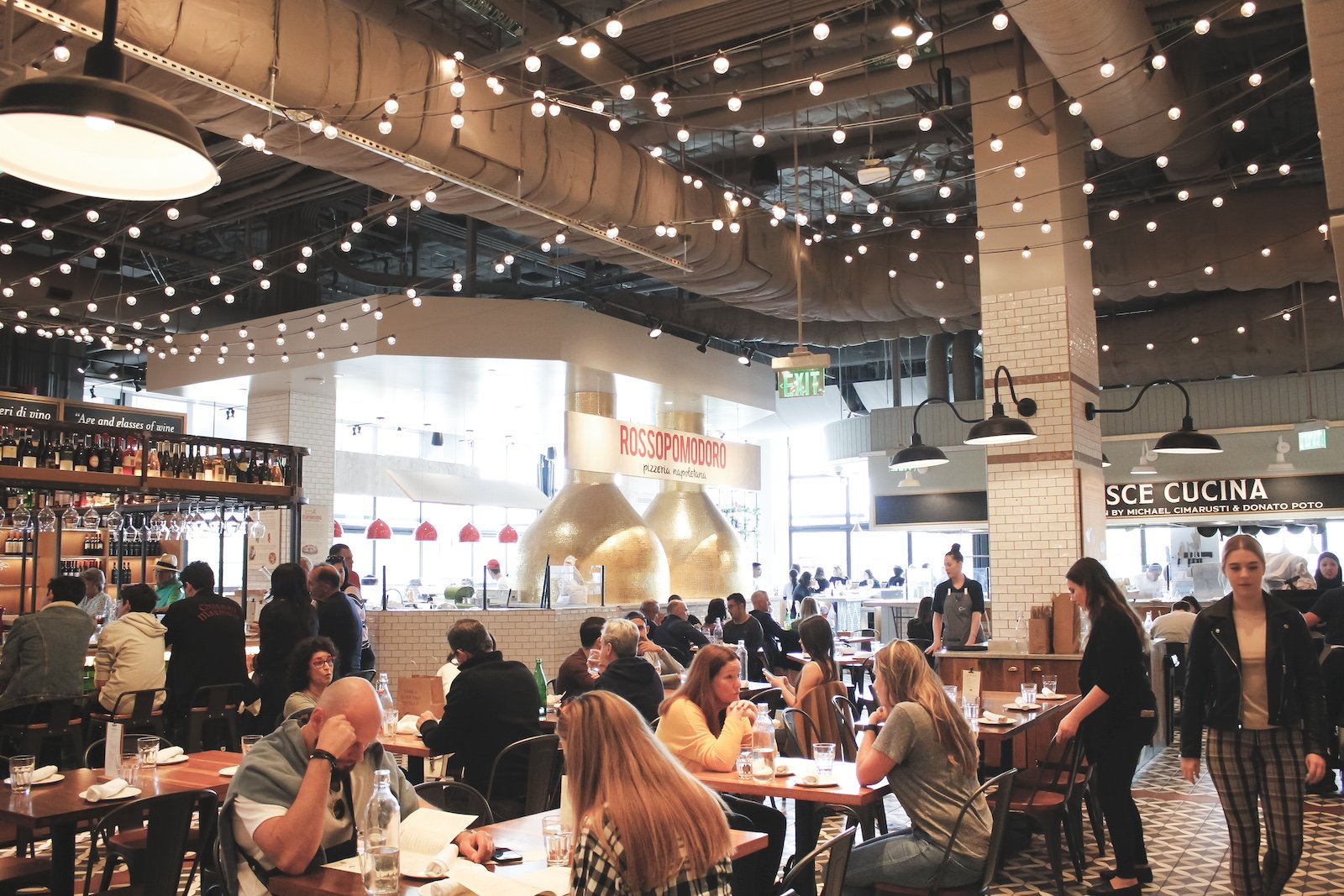It’s a very common feeling, though rarely confessed openly by us that sometimes, we just don’t like people. While society often expects us to maintain a facade of perpetual sociability and friendliness, there are underlying, common reasons that might make us recoil from social interactions. Here’s a deep dive into why this might be more normal than you think.
Overwhelming Social Demands

In our hyper-connected world, the demand to stay socially engaged can be exhausting. From constant social media updates to expected attendance at gatherings, the pressure to be “on” all the time can lead to social burnout. This sense of exhaustion is a common reason for developing a temporary aversion to people. It’s not that you dislike them per se, but rather, you’re overwhelmed by the constant need to interact.
Lack of Genuine Connection

Many of us crave deep, meaningful relationships, but these are not always readily available. In a world where small talk and surface-level interactions dominate, a lack of genuine connection can make social engagements feel empty and unfulfilling. This can foster a sense of disillusionment with people, particularly when it feels like meaningful interactions are few and far between.
Introversion and Energy Management

Introversion isn’t just about preferring solitude over socialization; it’s about how you manage your energy. Introverts often find their energy depleted by prolonged social interaction, which can lead to a desire to avoid people simply as a means of self-preservation. This isn’t a dislike of people but rather a necessary strategy for managing personal energy reserves.
Past Traumas and Trust Issues

For those with past traumas related to betrayal or social ridicule, trust can be hard to come by. These experiences can subconsciously influence how one feels about interacting with new or even familiar faces. It’s a protective mechanism, steering you away from potential harm, and a very common reason why someone might pull away from others.
Dislike for Superficiality

In an era where social status often seems contingent on material success or personal appearance, a disdain for superficiality can make social interactions frustrating. If you value depth and authenticity, you might find yourself disliking settings or groups where surface-level interactions are the norm.
Different Values and Beliefs

A clash of values can create significant barriers between people. If you find yourself in an environment where your core beliefs are constantly challenged or dismissed, it can lead to a natural aversion to those around you. It’s not so much the people you dislike as it is their values or behaviors that starkly contrast with your own.
Sensitivity to Emotional or Sensory Overload

Highly sensitive people (HSPs) process sensory data much more deeply and thoroughly than the average person. This heightened sensitivity can make crowded or noisy environments particularly overwhelming, leading to avoidance of social situations that might otherwise be enjoyable. Similarly, emotional sensitivity can cause one to retreat from interactions that feel too intense or emotionally draining.
Envy or Self-Insecurity

Sometimes, our discomfort with others stems from our insecurities. Seeing others who appear more successful or happy can trigger feelings of inadequacy or envy. It’s a common, though often unacknowledged, reason for feeling a dislike towards people, reflecting more about our own internal struggles than the qualities of the others around us.
Preference for Digital Interaction

In the digital age, some people develop a preference for interacting through screens. This can be due to the control it offers over social interaction, including the ability to disengage at will without the awkwardness of physical departure. When forced back into face-to-face interactions, the discomfort can be misinterpreted as disliking people when, in fact, it’s about the mode of communication.
Evolutionary Mismatch

Human beings evolved as tribal creatures, often in small, tight-knit groups. The modern world, with its vast networks and constant influx of strangers, can be jarring and unnatural from an evolutionary perspective. Feeling a disconnection or mild hostility towards people, especially in large groups, can be an instinctual response to this evolutionary mismatch.
Discomfort with Uncertainty

Human interactions are unpredictable. This inherent uncertainty can be particularly stressful for individuals who prefer structured and predictable environments. The anxiety provoked by not knowing how an interaction may unfold can lead to avoidance behaviors. People who experience this often find structured interactions, where roles and expectations are clear, far more comfortable than casual social gatherings.
Perceived Insincerity

There’s a widespread disdain for what many perceive as insincerity or fakeness in interactions. This can manifest as a dislike for people who seem to always wear a social mask or those who appear overly charming without substance. For someone who values honesty and transparency, perceiving others as disingenuous can quickly lead to social disengagement and a general wariness toward forming new relationships.
Overload of Social Comparison

Social media exacerbates this by constantly exposing us to idealized versions of other people’s lives, leading to detrimental comparisons. This constant barrage can make social interactions offline feel competitive or insufficient. When individuals feel that they don’t measure up to the standards set by their peers, they might develop negative feelings towards socializing, viewing it as a source of stress rather than enjoyment.
Fear of Rejection

A fundamental reason people might shy away from others is the fear of rejection. The potential pain of being turned down, whether in friendship, love or even a casual conversation, can be so daunting that some choose to avoid putting themselves out there altogether. This fear can be particularly acute for those who have experienced frequent or particularly painful rejections in the past.
Cultural and Personality Mismatches

Cultural backgrounds and personal upbringing play significant roles in shaping how we interact with others. When individuals find themselves in a culture or social group that operates on very different principles from their own, the disconnect can feel jarring and uncomfortable. Personality mismatches, particularly between extroverts and introverts, can also lead to misunderstandings and a reluctance to engage, as each group may have differing expectations and comfort levels regarding social interaction.


